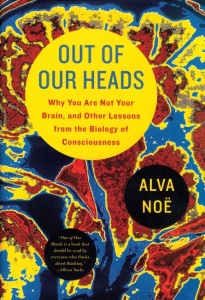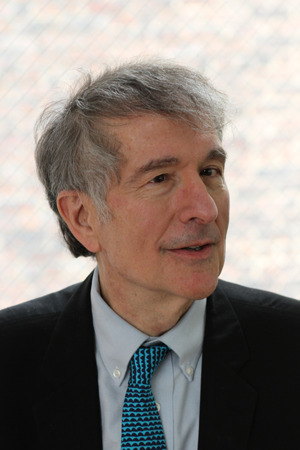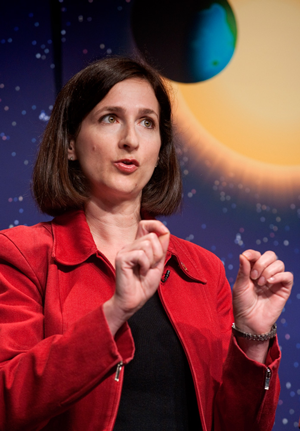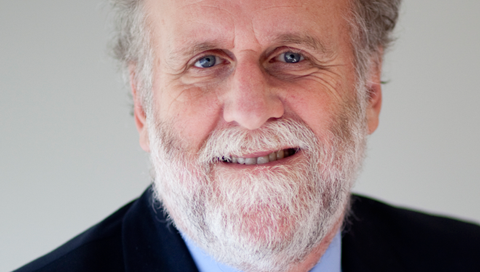claimtoken-54c433531b6ac
What exactly is a memory? How much do we know about the processes that a human brain executes to store and retrieve a memory? An individual memory may contain different elements such as explicit information, one or many contexts, relevant emotions; does the brain pre-process all individual elements of a memory and then stores this processed memory as one single entity? Or, are different elements of an individual memory stored at different locations in the form of a connected structure or network, and are post-processed at the time of retrieval? In this case what are the chances that during this post processing of different elements of a memory, the retrieved memory gets contaminated resulting in a false memory that reshapes the past? How do non-conscious memories affect and shape our behavior? Daniel Schacter is a cognitive psychologist and is professor of psychology at Harvard University. His research explores the relation between conscious and unconscious forms of memory, the nature of memory distortions, how we use memory to imagine possible future events, and the effects of aging on memory. In this podcast at Bridging the Gaps professor Daniel Schacter shares and discusses cutting edge research on these topics.
Research shows, explains Schacter, that the process of remembering and retrieving memories is a constructive activity. He points out that human memory system is not perfect. The system has its shortcomings and we are all affected by memory’s shortcomings in our everyday lives. In his book “Seven Sins of Memory” Schacter systematically classifies various memory distortions into seven basic categories. According to Schacter these seven memory distortion categories are: transience, absentmindedness, blocking, misattribution, suggestibility, bias, and persistence.
In this discussion Schacter explains these memory distortions in detail, one by one. He emphasizes that “these memory distortions should not be viewed as flaws in system design, instead these distortions can be conceptualized as by-products of otherwise desirable features of human memory”. Schacter explains this statement. He then discusses the experiments and research studies to measure, estimate and understand these shortcomings of memory. I ask him that can we use the estimates of these seven shortcomings of memory for an individual to gauge the individual’s ability or lack of it to reconstruct memories? If we succeed in developing reliable techniques to make such measurements, these techniques can be used to improve the way we manage, document and process eyewitness testimonies in legal proceedings. Schacter shares his views on this.
An interesting point that Schacter highlights in his presentations, and discusses in this podcast is that there is evidence of memory serving the needs of present, and the past being reshaped by current knowledge, beliefs and emotions. He shares his research findings on this.
Remembering the past and imaging the future depend on a common network in the brain, known as the Default Brain Network. Shacter describes the Default Brain Network and discusses the research that focuses on the question that how this one network manages these two different processes.
Just before finishing our discussion, I ask Daniel Schacter his views on human consciousness and on the question of how brain creates mind. Finally, I finish this podcast by asking Daniel Schacter what are major developments and breakthroughs that he envisages in the field of his research in the near future.
Resources
- Schacter Memory Lab.
- Schacter Daniel L. (2002). “The Seven Sins of Memory: How the Mind Forgets and Remembers”, Mariner Books; 1st edition
- Schacter Daniel L. (1997). “Searching For Memory: The Brain, The Mind, And The Past”, Basic Books.
(2001). The seven sins of memory: how the mind forgets and remembers, Choice Reviews Online, 39 (04) 39-2484-39-2484. DOI: http://dx.doi.org/10.5860/choice.39-2484
Schacter Daniel L. (1996). Searching for memory: the brain, the mind, and the past Choice Reviews Online, 34 (04), 34-34 DOI: 10.5860/CHOICE.34-2465





Connect With Us